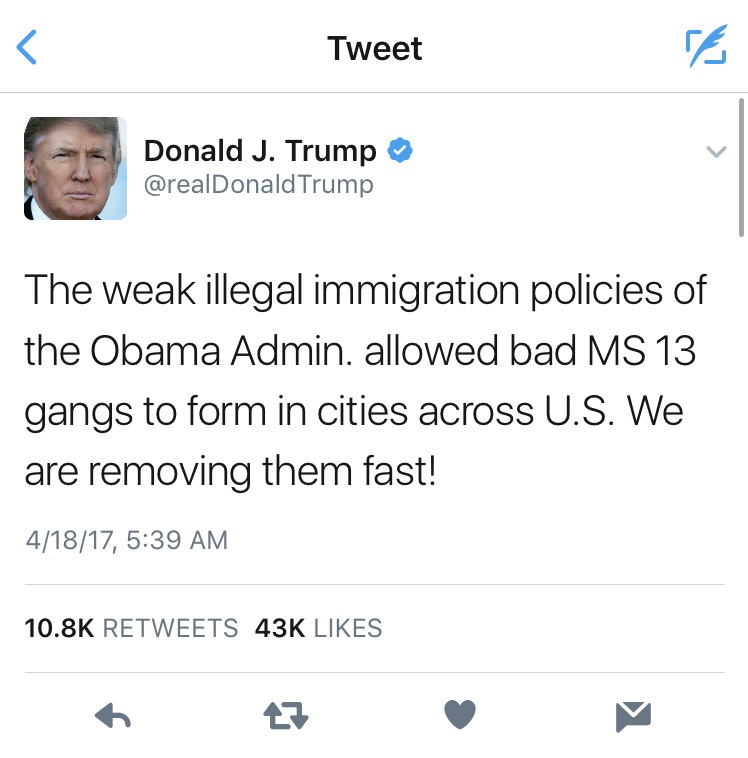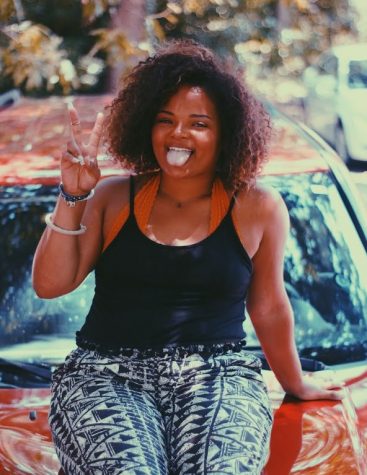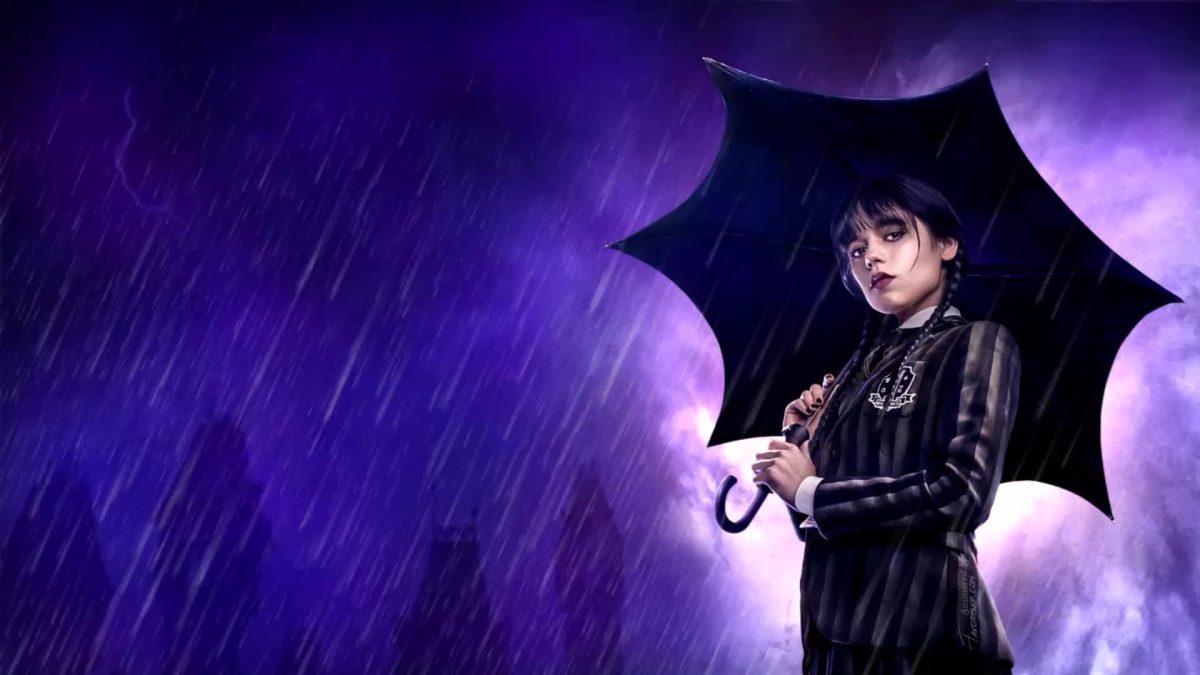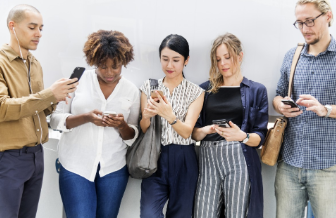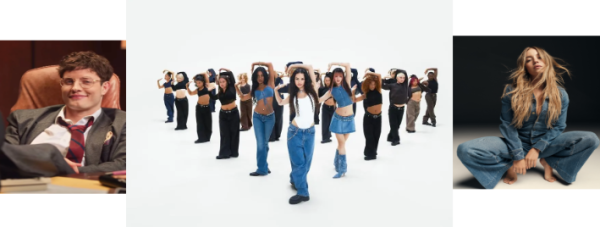Politicians use social media as both battlefield and platform
Calling the policies made by Obama weak, this is just one of the many ways politicians use social media. The use of social media by politicians has increased by a large amount since the last presidential election. Politicians use social media, such as Twitter and Facebook, to easily share information and their standpoints on current issues with a large audience.
April 21, 2017
The use of social media in politics, including Twitter, Facebook, and YouTube, has dramatically changed the way campaigns run and how Americans interact with them. Before social media, politicians did not have the option to reach such large audiences. Therefore, they had to go through traditional media such as press conferences. Today, more and more politicians are beginning to use social media platforms.
Twitter and Facebook have become instrumental in campaigns. They enable voters and politicians to easily share news and opinions with each other simply by clicking “share” or “retweet.” The recent occurrence of social media in politics has made already elected officials, as well as candidates, more accessible to voters. The ability to publish content and share it with millions of people instantly allows campaigns to portray themselves in whatever way they think the public wants to see.
Many politicians prefer social media over holding regular press conferences because they can talk and engage directly with millions of voters without difficult questions from journalists. They have the power to decide what they do and do not share; this gives politicians much more power than in elections prior to the age of social media.
President Donald Trump revolutionized the social media game for politicians, specifically during last year’s election race. He used what seems to be his favorite app, Twitter, to combat his critics. The goal of President Trump’s tweets often times are to intimidate his opponents and throw his critics off balance. He is not reluctant to admit that his social networks played a significant part in him winning the presidential election without needing to spend as much as the Clinton campaign on other advertising,
Sophomore Rachael Urbanski said, “I believe that politicians who use social media during the elections are trying to get across to the younger generation. Social media is here to stay and the politicians are moving with the trend to try and earn votes from the young people.”


